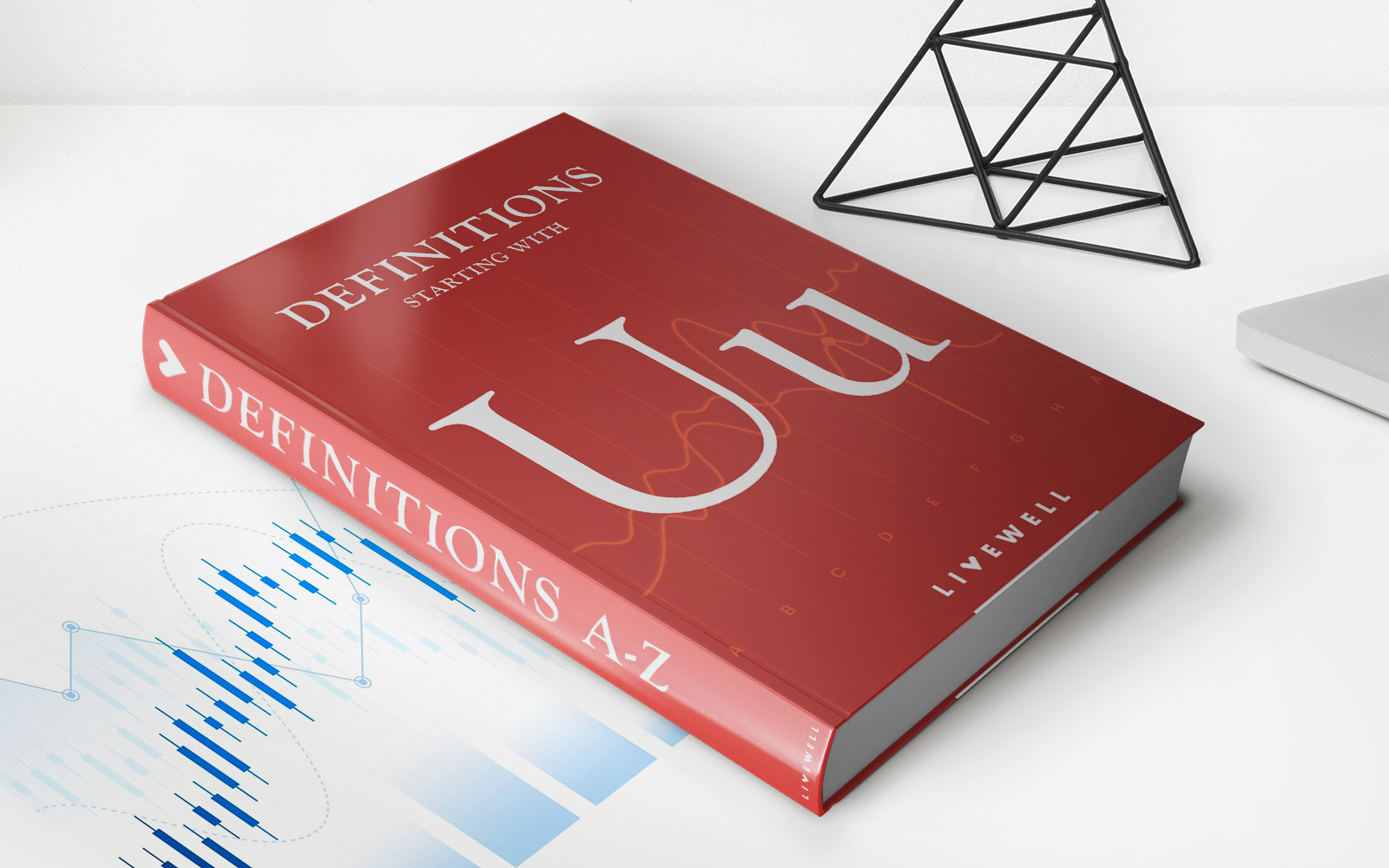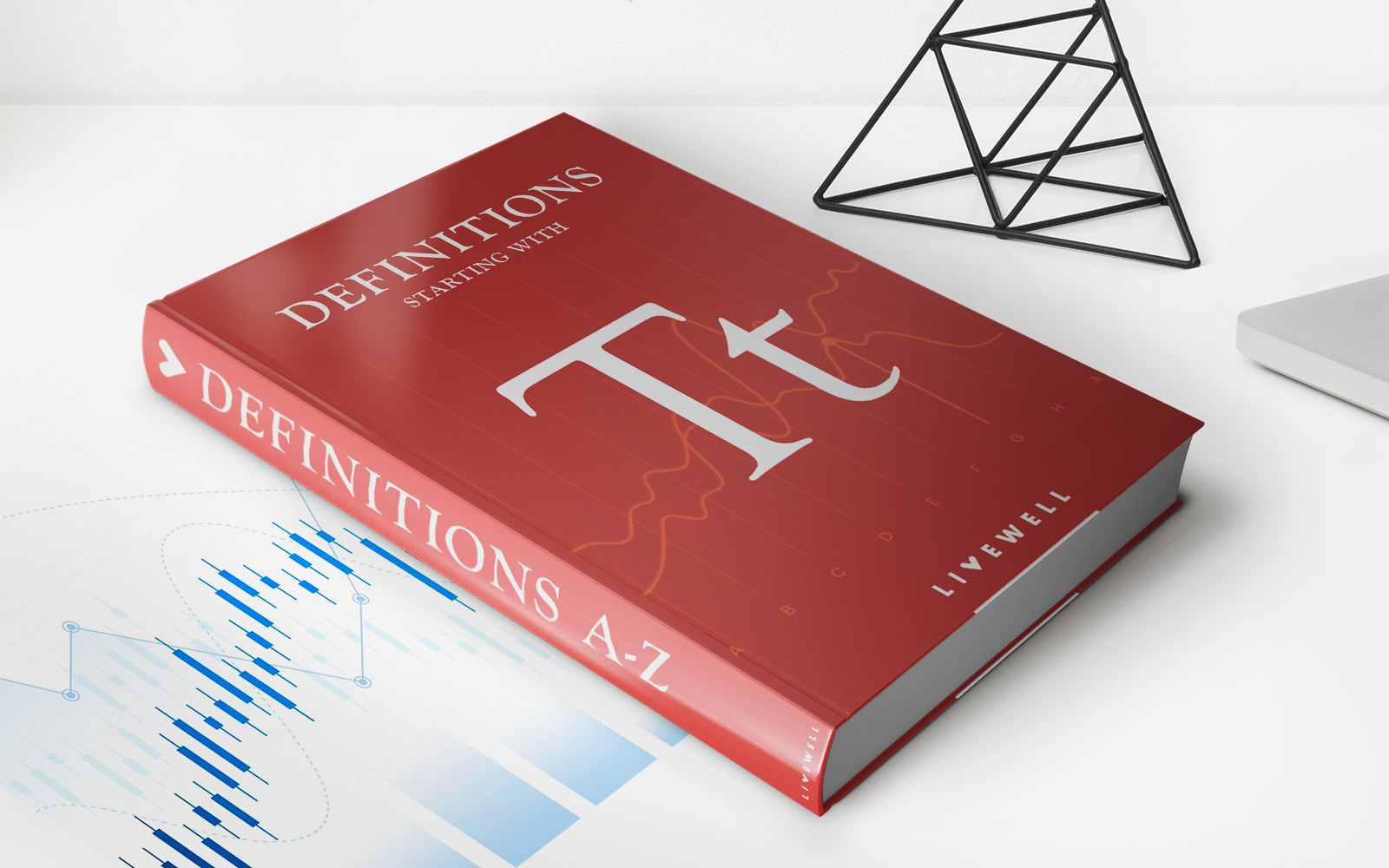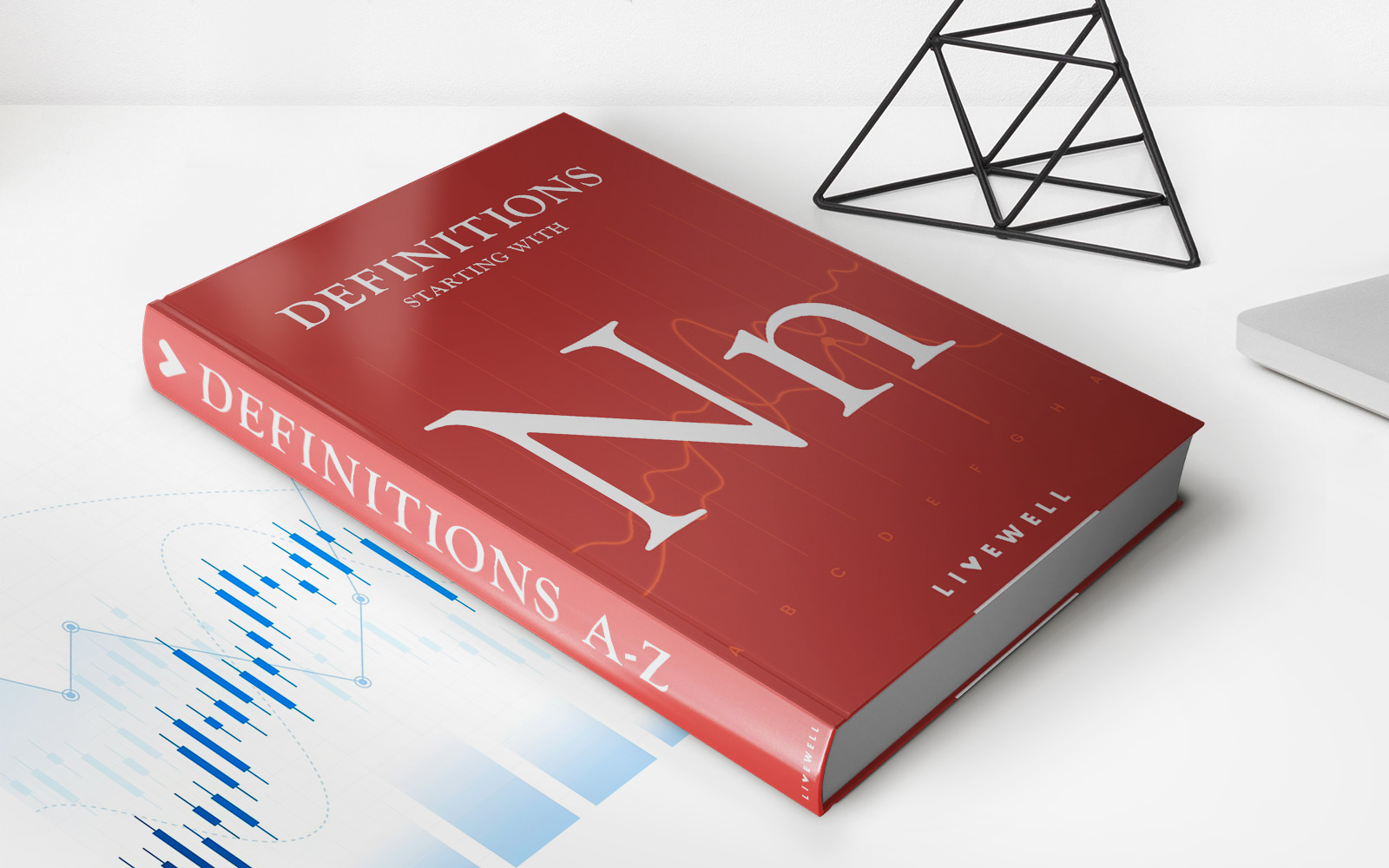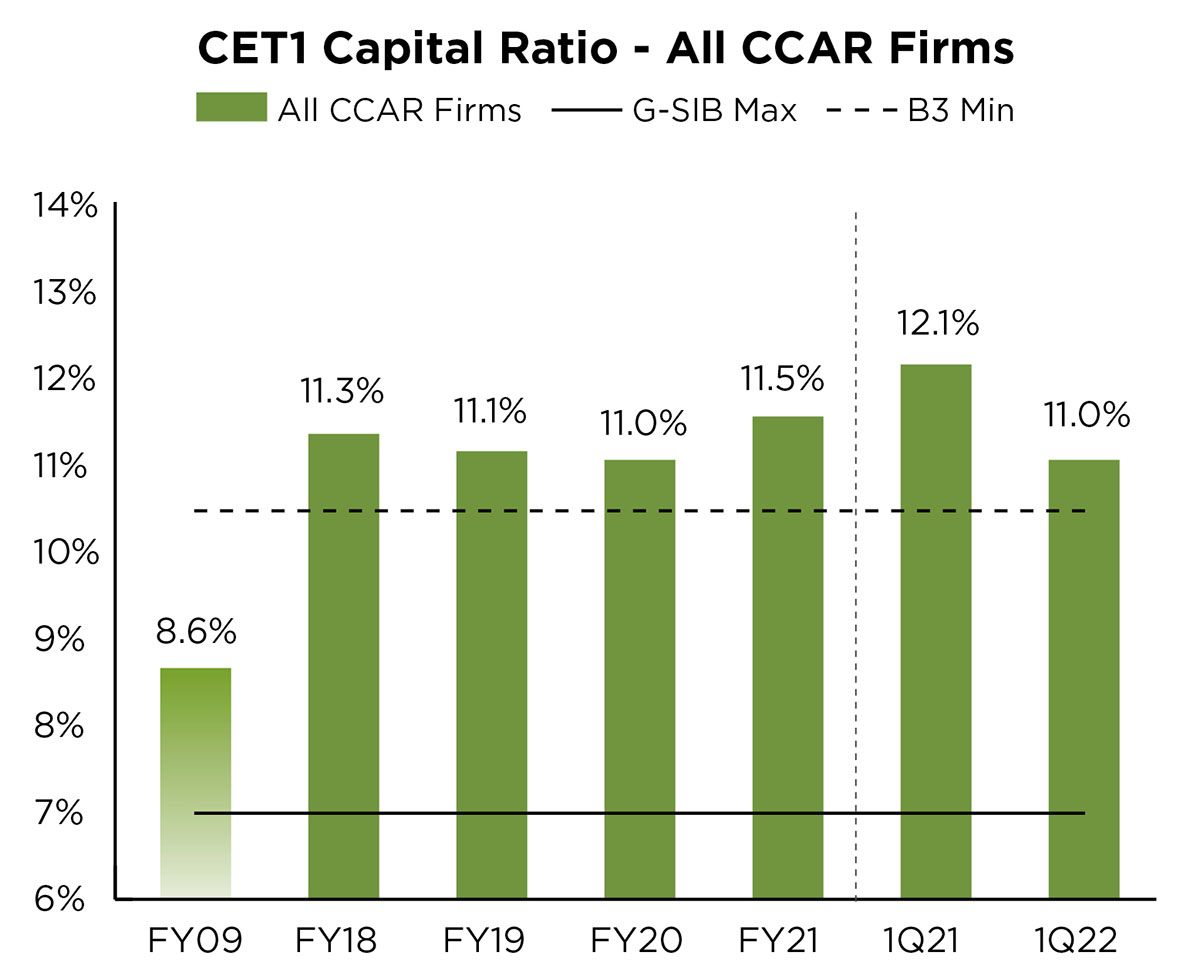Home>Finance>What Is Umbrella Insurance Policy? Definition And If You Need It


Finance
What Is Umbrella Insurance Policy? Definition And If You Need It
Published: February 12, 2024
Learn about umbrella insurance policies in finance and find out if you need this extra layer of protection for your financial assets. Understand the definition and benefits.
(Many of the links in this article redirect to a specific reviewed product. Your purchase of these products through affiliate links helps to generate commission for LiveWell, at no extra cost. Learn more)
Protecting Your Finances: Understanding Umbrella Insurance Policy
When it comes to safeguarding your financial security, insurance is your best friend. However, not all insurance policies cover every possible scenario. This is where an umbrella insurance policy comes into play. In this blog post, we will define what umbrella insurance is, discuss its benefits, and help you determine if you need it for your financial well-being.
Key Takeaways:
- An umbrella insurance policy provides an extra layer of liability coverage beyond the limits of your existing policies.
- It protects you financially in case of lawsuits or claims that exceed the coverage limits of your home, auto, or other primary insurance policies.
What is Umbrella Insurance?
Umbrella insurance offers an additional level of coverage that goes above and beyond the limits of your existing insurance policies. It acts as a safeguard against unexpected events, providing an extra cushion of financial protection. Think of it as an umbrella shielding you from the rainstorms of unexpected liability.
Your home, auto, or other insurance policies have coverage limits, which means they only pay out a certain amount in the event of damages or claims. But what if an unfortunate incident results in a lawsuit that demands more compensation than your primary policies can cover? This is where umbrella insurance steps in.
Umbrella insurance policies typically cover various liabilities, including property damage, bodily injury, personal injury, slander, and libel. It extends your coverage limit beyond what your primary policies offer, giving you peace of mind and ensuring that you won’t face financial devastation in case of a lawsuit.
Do You Need Umbrella Insurance?
Now that you understand what an umbrella insurance policy is, let’s determine if you need one. While it’s not a mandatory coverage, it is highly recommended for individuals who want to protect their assets and future earnings.
Here are some factors to consider:
- The value of your assets: If you have substantial assets or investments, you become an attractive target for lawsuits. Umbrella insurance can shield your assets from being seized in a legal judgment.
- Your risk exposure: Do you engage in activities that increase your chances of being held liable for damages, such as hosting parties or operating a business? If so, umbrella insurance can provide an extra layer of protection.
- Your peace of mind: Even if you don’t have significant assets, the fear of losing everything in a lawsuit can be overwhelming. Umbrella insurance offers peace of mind, knowing that you have an additional safety net.
While umbrella insurance is beneficial for many individuals, it’s important to weigh the cost versus the potential benefits. Premiums for umbrella insurance can vary depending on factors such as your risk profile and the amount of coverage you desire. Speaking with an insurance professional can help you evaluate your specific needs and determine if the coverage is worth the investment.
Protecting your finances is essential, and an umbrella insurance policy can be a valuable addition to your overall insurance portfolio. Consider assessing your risk exposure, the value of your assets, and your peace of mind to make an informed decision about whether umbrella insurance is right for you. Remember, an umbrella may be the shield you need to weather any storm that comes your way.














